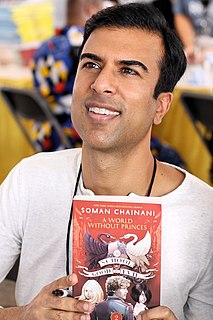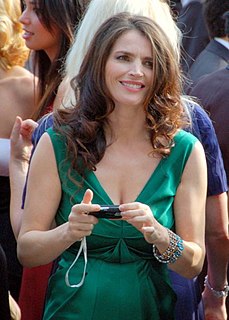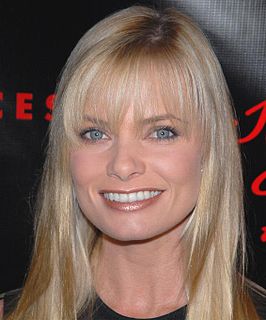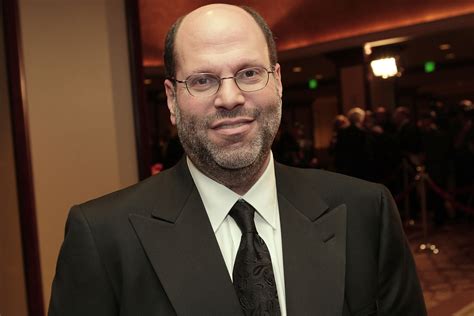A Quote by Emma Donoghue
[E]verywhere I'm looking at kids, adults mostly don't seem to like them, not even the parents do. They call the kids gorgeous and so cute, they make the kids do the thing all over again so they can take a photo, but they don't want to actually play with them, they'd rather drink coffee talking to other adults. Sometimes there's a small kid crying and the Ma of it doesn't even hear.
Related Quotes
The StarTalks - while kids can watch them, they're actually targeted at adults. Because adults outnumber kids five to one, and adults vote, and adults wield resources, and adults are heads of agencies. So if we're going to affect policy, or affect attitudes, for me, the adults have always been the target population.
I think it's more difficult writing what it's like to be a child. You can pretend you know what it's like, but you don't really know. The only parts I can remember is that the adults were like, "Aren't they cute?" But when you're little you're looking at the other kids like they're your colleagues. They're not like, "Oh, we're all cute little kids." They're more like your office acquaintances. It's very hard to grasp the memories of what it actually was like to be a kid.
You don't need Little League. You don't even need nine kids. Four is plenty-a pitcher, a batter, and a couple of shaggers. You can play ball all day long. My kids used to try to get me out there, but I'd just say, "Go play with your brothers." If kids want to do something, they'll do it. They don't need adults to do it for them.
I never think of my work as writing for a young audience, frankly, because I think it risks talking 'down' to them. The idea is for these books to work just as well as for adults as kids. As for what readers will take away, I just want them to love being in the world and see it as a safe place to explore things that adults are often uncomfortable talking to them about.
We're good at taking care of little kids, and spend a lot of energy teaching them things like how to read. But when kids get as tall as their parents and can look them in the eyes, we tend to drop the ball - at a time they most need a loving consistent community of adults, be it parents, aunts, uncles, or others.
My dad and mom were more like World War II-era parents, even though it was the 1960s, because they were both born in the '40s. They were young adults before the '60s even happened, and married, and already having kids. But by the time we were adolescents in the '70s, the whole culture was screaming at parents, "You're a good parent if you're open with your kids about sex." They attempted to be open with us about sex, and it made them want to die, and consequently, it made us want to die.
Take a bunch of little kids to the beach and they all make art. Adults are too stupid to call it art, but it is art. They'll use their imaginations, make drama, make up characters, make pictures in the sand, they'll make up songs that no one's ever heard before. All kids, I think, are creative, but they get it pounded out of them in school.
Whenever we can, we try to talk to students. If I can, I'll invite kids from a school to a sound check and take questions from them. I want to show them it's cool to play the trombone. Kids are influenced by what's accessible to them. It's hard for kids to be introduced to music other than what they see on TV and video.






































